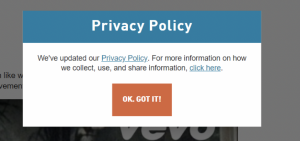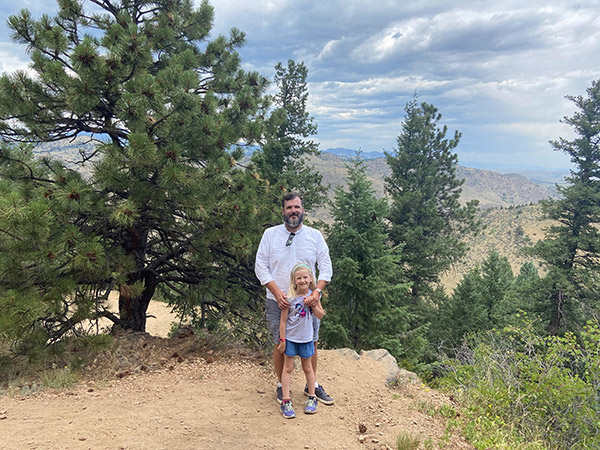New Rules for Collecting Data that Every Freelancer Should Know

This past spring proved to be a challenging time for those involved in processing, storing and using data through online platforms. Between Facebook CEO, Mark Zuckerberg’s appearance on Capitol Hill explaining the damage caused by Facebook’s data breach and privacy violations and the new regulations imposed by the European Union, it could leave your head spinning, wondering how to make sense of it all. If you create or edit content for digital platforms — perhaps a website contact page, or a pop-up option for a newsletter, or a landing page to collect consumer data — this information is for you!
What exactly are the General Data Protection Regulations (GDPR)?
The GDPR is a new set of regulations for online businesses in the European Union (EU) with the hope of accomplishing two goals: 1) To ensure users know their data is being collected when accessing websites and interacting with other online platforms. 2) To ensure businesses are clearly and properly communicating information to their users regarding how and when their data may be accessed. The idea is to give users more power and knowledge by more easily allowing them to opt out, modify or remove their data.
Why is it important?
The global market shrinks considerably with the click of a button and as freelancers, you frequently interact with clients and consumers from all over the world. Regardless of where your business is located, you must comply if working with clients from the EU Researchers suspect that parts of the new regulations could soon be adopted in the U.S. According to publicknowledge.org, “Many in the United States are looking at the GDPR for ideas of what to do and what not to do.” Although these new regulations became effective May 25th, it will take a few years to fully enforce this system in the EU. Organizations that are found out of compliance could be fined.
What do freelance writers, editors, or copywriters need to know?
Some practical changes you will see to align with these new regulations are (but not limited to): double checking opt-in options, discontinuing pre-ticked boxes, using only positive opt-in options, clarity regarding what the consumer is signing up for, and notifying consumers within 72 hours of a data breach.
What’s Next?
Above is what you might have already seen while logging into your favorite website. The privacy policy is now front and center for users to engage and make an educated decision. For most users, it will be business as usual, you click, “ok, got it!” and move on without a second thought. But, for others, this knowledge gives them a sense of control over the data they share. As a freelancer, it is important to communicate with clients to ensure they are making the changes needed for compliance and that you, as the freelancer, is up-to-date with compliance as you keep collect client data. The key is striking the right balance between gathering information that would be beneficial to you and your client’s business or marketing goals while respecting users’ information.































































